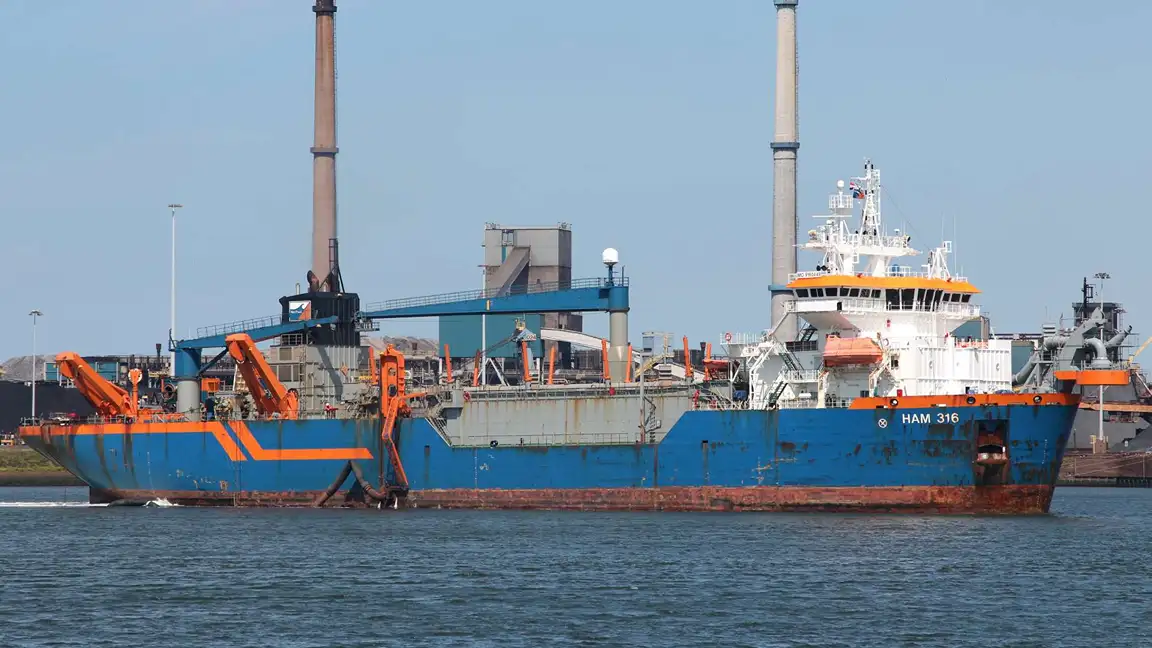Introduction
As the world’s coastlines and waterways face increasing pressure from climate change, trade expansion, and urban growth, dredging has become a critical component in building and maintaining marine infrastructure. Today, global dredging companies are at the forefront of transformative change through technological advancements and sustainable practices.
The Evolving Role of Dredging Companies
Dredging companies are no longer just service providers clearing ports and rivers; they have evolved into key players in global infrastructure development. From enabling deep-sea port access to protecting coastal zones against erosion and flooding, these companies contribute to vital economic and environmental objectives.
What sets modern dredging companies apart is their focus on dredging innovation—a commitment to using advanced technologies and environmentally conscious methods that improve efficiency while minimizing ecological impact.
Key Areas of Dredging Innovation
Advanced Dredging Technologies
The industry has seen a shift toward automation, data analytics, and precision engineering. GPS-guided dredging systems, real-time performance monitoring, and unmanned vessels are increasingly common, enabling better accuracy and safer operations.
Sustainable Dredging Practices
Environmental impact is now a major consideration. Leading companies are investing in low-emission dredgers, turbidity control systems, and biodiversity protection measures. These approaches ensure that marine life and surrounding ecosystems remain protected during dredging operations.
Smart Marine Engineering
Digital transformation is enhancing the design, planning, and execution of dredging projects. Predictive maintenance powered by AI, digital twins for project simulation, and smart sensors for real-time feedback are helping optimize operations and reduce downtime.
Applications of Modern Dredging
Coastal Protection and Shoreline Renourishment
Dredging helps reinforce coastlines against erosion and storm surges. By replenishing sand and restoring natural barriers, it enhances climate resilience for coastal communities.
Port Expansion and Maintenance
With global trade on the rise, ports are being expanded and deepened to accommodate larger vessels. Dredging ensures that channels remain navigable and ports operate efficiently.
Offshore Energy Infrastructure
Offshore wind farms and other marine energy projects rely on dredging to prepare the seabed, install foundations, and lay underwater cables. This supports the global shift toward renewable energy.
Land Reclamation and Urban Development
In land-scarce regions, dredging enables land reclamation for urban expansion and industrial zones. Carefully managed dredging projects help create stable and secure reclaimed land.
Regional Insights into Dredging Demand
Asia-Pacific
Countries such as China, Singapore, and Vietnam are investing heavily in dredging due to rapid coastal urbanization and strategic port development. The region is currently the largest market for dredging services.
Europe
European nations prioritize environmental sustainability. Here, dredging projects often focus on habitat restoration alongside infrastructure development, reflecting a balanced approach to progress.
North America
The U.S. is focusing on infrastructure renewal, with dredging efforts centered on modernizing aging ports and enhancing coastal protection. Increased federal and state investments are driving steady market growth.
Future Outlook for the Dredging Industry
According to market research, the global dredging market is expected to grow from USD 10.88 billion in 2023 to USD 13.06 billion by 2030, at a CAGR of 2.65%. This growth is supported by rising demand for resilient infrastructure, expansion of global trade routes, and a continued push for sustainable construction.
As innovation and environmental responsibility continue to shape the industry, dredging companies that prioritize technology and sustainability will remain at the forefront of marine infrastructure development.
Conclusion
Global dredging companies are not just meeting today’s engineering challenges—they are setting new benchmarks for what the future of marine infrastructure should look like. With a strong focus on dredging innovation, sustainability, and regional collaboration, the industry is well-positioned to support the needs of a rapidly changing world.
